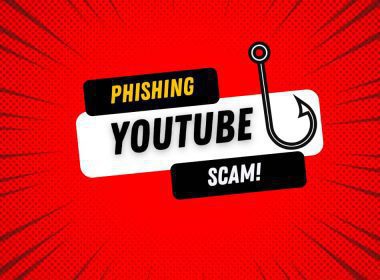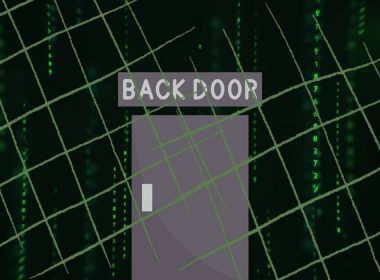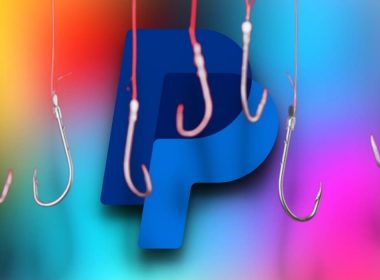Browsing Category
Phishing Scam
261 posts
Phishers Now Actively Automating Scams with Telegram
In addition to phishing activities, researchers have observed a rise in Telegram channels being used to sell online banking credentials.
April 8, 2023
Beware of new YouTube phishing scam using authentic email address
Watch out for a new YouTube phishing scam and ignore any email from YouTube that claims to provide details about "Changes in YouTube rules and policies | Check the Description."
April 5, 2023
Zimbra email platform vulnerability exploited to steal European govt emails
Researchers have noted that attackers are targeting a medium-severity Zimbra vulnerability that the company patched in version 9.0.0 Patch 24, one year ago.
April 1, 2023
Ukraine Busts Gang for Massive $4.3 Million Phishing Scams
The Ukrainian Cyber Police carried out 30 searches and managed to seize computer equipment, mobile phones, SIM cards, and other equipment.
March 31, 2023
New Backdoor Attack Uses Russian-Ukrainian Conflict Phishing Emails
The backdoors used in this campaign are never-before-seen malware strains called CommonMagic and PowerMagic.
March 26, 2023
New Vishing Attack Spreading FakeCalls Android Malware
The malware campaign was noted to target users in South Korea.
March 17, 2023
Alert: Scammers Pose as ChatGPT in New Phishing Scam
This phishing scam exploits the popularity of the AI-based ChatGPT chatbot to steal funds and harvest the personal and financial details of users.
March 6, 2023
Coinbase Employees Targeted by SMS Phishing Attack
The SMS phishing attack (smishing) was followed by a phone call from a scammer to one of the employees who fell for the scam.
February 20, 2023
PayPal Scammers Using Legitimate Accounts to Send Phishing Invoices
Scammers are creating legit PayPal accounts and sending phishing invoices to unsuspected users and since the email comes from service@paypal.com chances of falling for this scam are more than usual.
February 17, 2023
SideWinder Behind Govt Phishing Spree Across the East
The suspected Indian state-sponsored group has targeted 61 government, military, law enforcement, and other organizations across the Asia-Pacific region.
February 17, 2023














